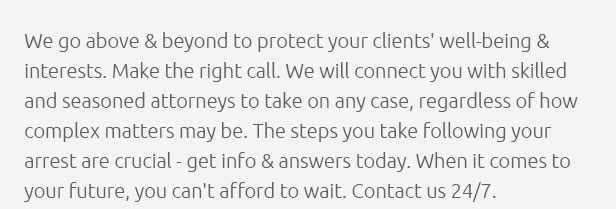 |
|
||||
 |
 |
 |
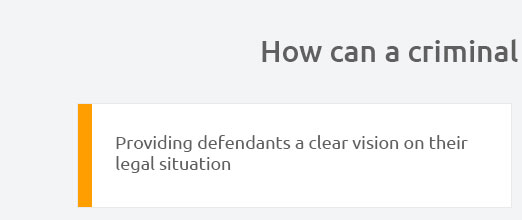 |
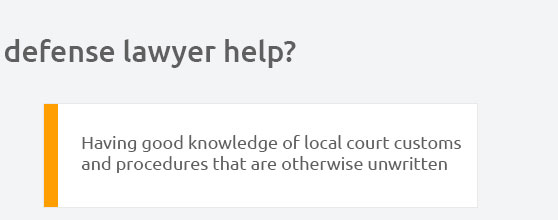 |
 |
 |
 |
 |
 |
 |
 |
|
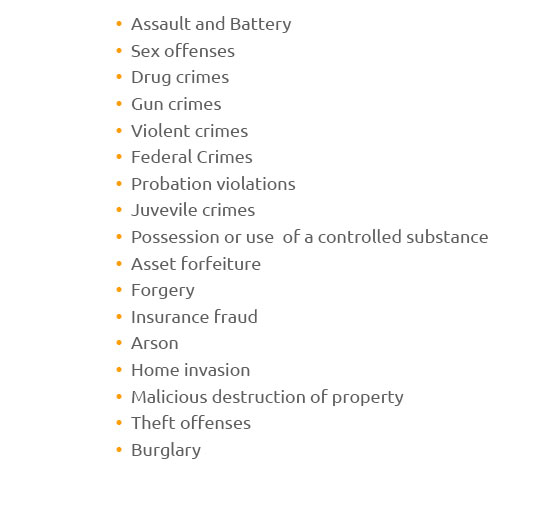 |
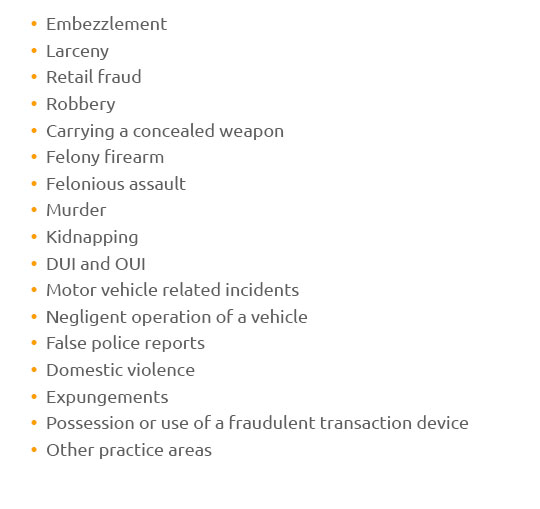 |
 |
|
||||
The Average Cost of a Criminal Defense Attorney: What to ExpectWhen faced with the daunting prospect of criminal charges, one of the most pressing concerns is often the cost of hiring a criminal defense attorney. The price of legal representation can vary significantly, influenced by numerous factors that can either alleviate or exacerbate the financial burden. Understanding these elements is crucial for anyone navigating the legal system. Here, we delve into what you might expect when securing legal defense. Factors Influencing Costs: The cost of a criminal defense attorney is not a one-size-fits-all figure. Several variables come into play, each affecting the overall expense. Firstly, the complexity of the case is a major determinant. For instance, a straightforward misdemeanor may be less costly than a complex felony case that requires extensive investigation and court appearances. Furthermore, the attorney's experience and reputation play pivotal roles. Seasoned attorneys with a track record of successful defenses often command higher fees, a reflection of their expertise and the outcomes they can potentially deliver. Geographical Location: Another critical factor is the geographical location. Legal fees can fluctuate based on the city or state. For instance, attorneys practicing in major metropolitan areas may charge more due to higher operational costs and demand. Conversely, those in rural areas might offer lower rates. It's important to weigh these geographical differences when budgeting for legal services. Fee Structures: Understanding the different fee structures is essential. Many criminal defense attorneys charge an hourly rate, which can range widely, with some charging as low as $150 per hour, while others may charge upwards of $700 or more. Alternatively, some attorneys offer flat fees for specific types of cases, providing a sense of predictability in terms of cost. However, it's crucial to scrutinize what these flat fees cover to avoid unexpected expenses. In some situations, attorneys may also work on a retainer basis, requiring an upfront fee to secure their services, with additional charges for specific services rendered during the course of the case. Additional Costs: Beyond the attorney's fees, there are often additional costs to consider. These can include court filing fees, costs for expert witnesses, private investigators, and other legal processes that may be necessary for building a robust defense. It's advisable to discuss potential additional costs with your attorney to ensure comprehensive financial preparedness.
The Bottom Line: In the realm of criminal defense, the adage 'you get what you pay for' often holds true. While the cost of hiring a criminal defense attorney can be substantial, investing in quality representation is crucial. The potential consequences of inadequate legal defense far outweigh the financial savings of cutting corners on legal expenses. Ultimately, the decision should balance financial capacity with the need for experienced and capable legal defense. As you navigate these decisions, thorough research and open communication with potential attorneys can provide clarity and confidence in your choice. https://stengellaw.com/how-much-does-a-criminal-defense-attorney-cost-nyc/
What I call the lowest-price-television rule does not apply to hiring a criminal defense lawyer. Think of the high definition TV that you last bought. It didn't ... https://www.newyorkcriminallawyer.com/criminal-defense-lawyer-cost-in-new-york/
The average cost of a criminal defense lawyer in New York varies greatly. If you're looking at a lawyer who charges hourly, you may find that the average ... https://www.federallawyers.com/click-here-now-how-much-do-criminal-defense-attorneys-typically-cost-in-new-york-2024/
Most criminal defense attorneys bill by the hour. Rates typically range from $200-500 per hour for experienced lawyers from reputable ...
|

